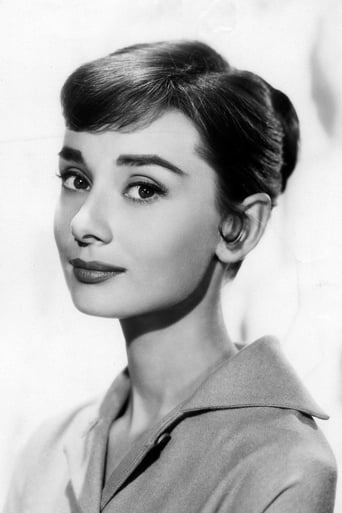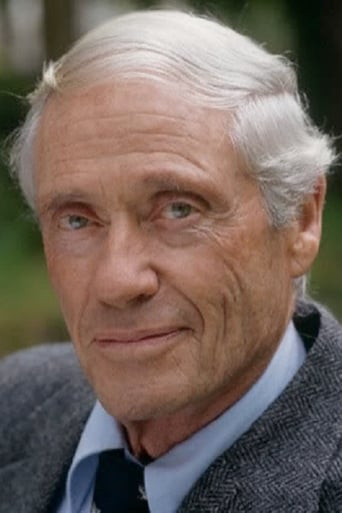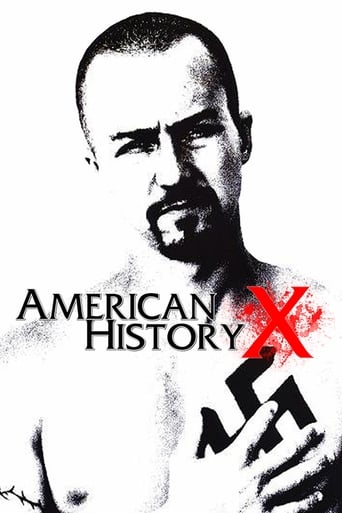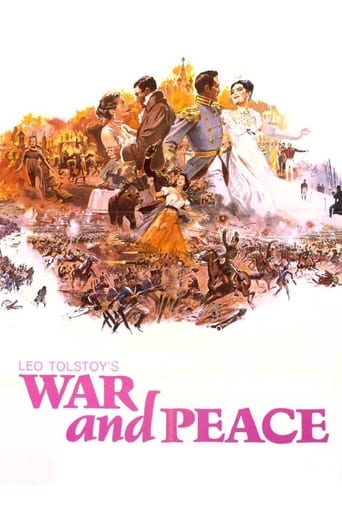
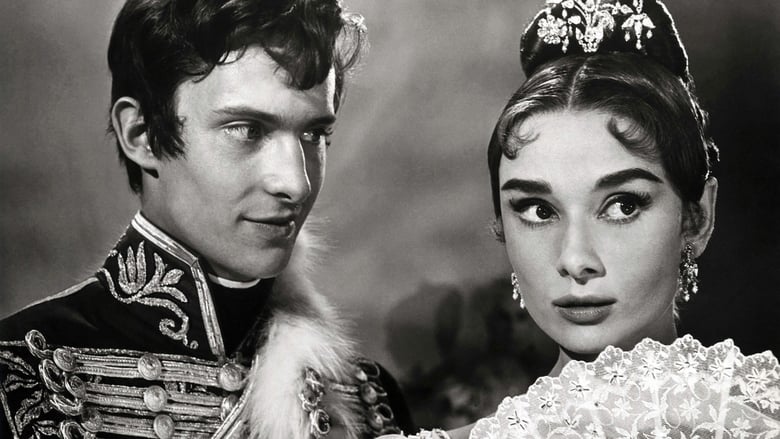
War and Peace (1956)
Napoleon's tumultuous relations with Russia including his disastrous 1812 invasion serve as the backdrop for the tangled personal lives of two aristocratic families.
Watch Trailer
Cast
Similar titles
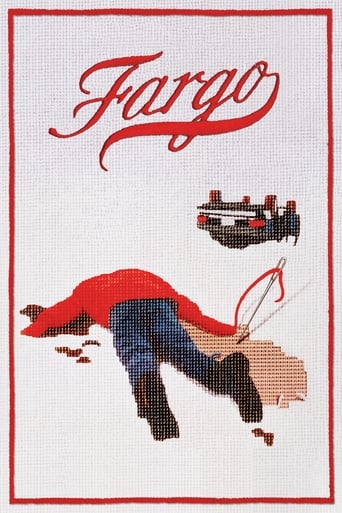
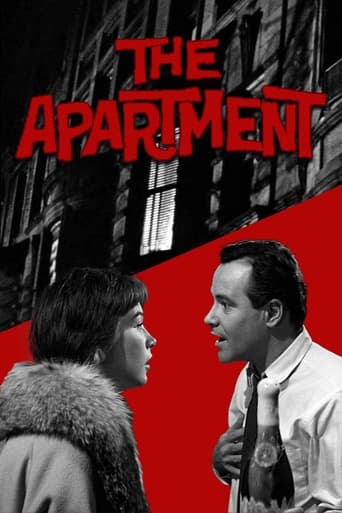
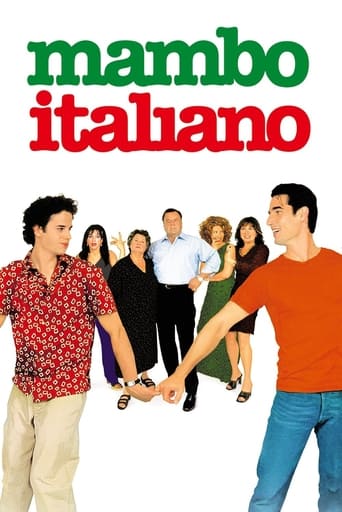



Reviews
To me, this movie is perfection.
This is a must-see and one of the best documentaries - and films - of this year.
All of these films share one commonality, that being a kind of emotional center that humanizes a cast of monsters.
This is one of the best movies I’ve seen in a very long time. You have to go and see this on the big screen.
As with most literary adaptations, it is fundamentally pointless to speculate on the extent to which King Vidor's memorable movie either departs from or reproduces the themes and style of Tolstoy's source- text. Film and literature are fundamentally different media and should be treated as such.What is perhaps more suggestive is to look at this version of WAR AND PEACE in its context of production. Napoleon (Herbert Lom) has the desire to invade Russia and hence expand the scope and range of the French Empire, just like Hitler had imagined fifteen years before the film's release. Initial success was followed by ultimate failure, as the Russians, spearheaded in the film by Field Marshal Kutzorov (Oscar Homolka), fight a war of attrition, eschewing direct combat in favor of occasional guerrilla raids. Napoleon cannot understand his opponents' behavior: no one will come to sign an official surrender. Eventually he is forced to withdraw, and his troops have to complete a 3000+ kilometer journey out of Russia while enduring the exigencies of winter. With little or no capacity for resistance, they are easily overrun by Dolokhov (Helmut Dantine) and his forces. Vidor's film offers a powerful denunciation of dictators, who are often so crazed with ambition that they have little or no concern either for military logistics or for the welfare of their forces. Napoloeon, like Hitler, gets what he deserves.Yet WAR AND PEACE is equally critical of the Russian side. Natasha Rostova (Audrey Hepburn) inhabits a bourgeois society where outward show matters: as in many latter-day Austen adaptations, most members of her class spend their time trying to see and be seen at balls. Vidor includes several dance-sequences that might be pretty to look at, but suggest the trivialities of the Russian world; even though the French army are drawing nearer and nearer, no one seems to be taking any notice. Eventually her lover Prince Andrei Bolkonsky (Mel Ferrer) is sent away to the front and discovers the realities of life. Natasha has a brief fling with another man, but comes to discover the realities of life when she and her family are forced to evacuate Moscow to avoid being annihilated.The film contains some spectacular battle-sequences, no more so when the French and Russian forces meet, and Pierre Bezukhov (Henry Fonda) tours the Russian battle-lines and discovers to his cost just how hellish the world of combat can be. Having been taken prisoner by the French, he is marched back to France with the departing forces, where he meets a fellow-prisoner Platon Karataev (John Mills) and discovers a way to survive even in a world seemingly crashing to destruction around him.WAR AND PEACE contains a happy ending of sorts, as Pierre and Natasha reunite after several years apart, but the scene of utter destruction facing them makes it a Pyrrhic happiness. The only way they can survive - as the film reminds us in a title-card taken from Tolstoy's novel - is to love life itself, and accept all that it can throw at us with equanimity. This might have seemed a rather optimistic message during the mid-Fifties, at a time when US-Soviet relations were lukewarm, to say the least, but it still holds sway today.Vidor's film is extremely long, but sustains our attention throughout. Definitely worth watching if time and attention permit.
While no film could probably catch the epic reach and philosophical tone of Tolstoy's great novel, the 1968 Russian version comes close, with almost an hour alone dedicated to the chaotic, mad battlefield at Borodino; there is also a 15 hour version starring Anthony Hopkins that comes very close to matching the complex plotting of the book, but it lacks the spectacle that film can provide.This Hollywood version fails on several levels, starting with central miscasting: Henry Fonda, so brilliant as quintessential Americans Tom Joad and Abraham Lincoln, simply looks confused as the often oafish would-be philosopher Pierre, and while Audrey Hepburn is doubtless stunning in various gowns, the role of Natasha is an elusive one, and old-school director King Vidor doesn't do much to alter her Sabrina-like mannerisms: she is striking to look at and does her best. And the less said about stolid Mel Ferrer, the better. So what's left? The battlefield scenes are massive, neat-and-tidy, and seldom more than predictable--the Russian version directed by Sergei Bondarchuk boggles the mind with it's truly spectacular vistas and warlike chaos, challenges the viewer, and plunging the viewer into the heat of battle. One of the positives of the Vidor version, on the other hand, is the casting of Oskar Homolka as Russian General Kutuzov who offers career-defining performance, and Herbert Lom, who nicely captures the difficult role of a petulant Napoleon.The basic plot of the novel is well-followed in the Hollywood version, but this is no Lawrence of Arabia, not even El Cid; worth watching if you don't want to sit through the hours and hours of the Russian version and don't care much about War and Peace. Simply put--this is not a very exciting film.
Any allusion to Tolstoy's masterpiece in connection with this film can only be considered libel. The film fails on virtually every level and bears no thematic, emotional, intellectual or philosophical relationship to that great novel. With so many flaws, all that remains is a perfectly ridiculous farce. But it is pretty.One can gain a cursory introduction to Tolstoy's novel from this film, but little else. Tolstoy envisioned a colossal and sweeping epic of cultural upheaval amidst an intricate tapestry of human drama set against the French invasion of Russia by Napoleon. King Vidor seems to have in mind something a little more akin to a saccharin, tawdry melodrama with great costumes.The casting decisions are completely incomprehensible. Although I adore Audrey Hepburn and, when properly cast, she was beyond compare, as the complex and conflicted Natasha Rostova her strengths become weaknesses. As the sprightly ingénue, or the naïve gamin, she set the screen on fire. Moreover, as she was, in fact, an aristocrat, her regal bearing is sublime.There are, however, qualities in the great characters of Russian literature that were simply not within Hepburn's repertoire. Her memorable turn as Holly Golightly may have transformed Capote's layered character into a shallow, though thoroughly delightful, scatterbrain, but her incomparable radiance made it all worthwhile. Sadly, a similarly simplified Natasha did not play as well.Hepburn's then husband, Mel Ferrer, was equally miscast as the vain and sardonic Prince Andrei. To be fair, he would have been miscast in any serious role, as he was a positively dreadful actor, but like most of the cast, he fails to reflect any of the impact that war can have on people's lives or the epic cultural shifts that were taking place in Russia at the time.Neither of these sins can hold a candle, however, to the casting of Henry Fonda as Pierre Bezukhov. First, he was, by his own acknowledgment, far too long in the tooth for the role, which he says he merely took for the money. More to the point, his bumpkin blank stares and cloying American earnestness, and a ubiquitous curiously pained expression that defies explanation, his stock in trade in more successful efforts, smother any subtlety that the role requires. Wandering through epic battles like a cow grazing mindlessly in a football field, he could not be more ridiculous. Granted Pierre's application of gematria to determine that Napoleon was the Biblical Antichrist may have been a bit much to put on the big screen in 1956, but are we truly to accept Fonda's placid counting to one thousand to keep his feet from freezing as a reasonable substitute? I suppose that had the film been called "Pretty French and Russian Uniforms" it would have been less objectionable and certainly more honest, but then who would have watched it? As "War and Peace" it is more epic failure than truly epic.In one scene Fonda as Pierre stands inexplicably on a great battlefield and mutters, "Damn you Napoleon. Damn you to hell." He should have directed this curse at King Vidor, the true villain of the piece, for squandering the legitimate talents of Audrey Hepburn, Henry Fonda and, one must not forget, Leo Tolstoy on this travesty. Damn you King Vidor. Damn you to hell.
OF COURSE, I slept through it. It was long and boring and one needed the drug of sleep to endure the stagey direction and acting.Audrey Hepburn was at her beautiful, charming, irritating, over-acting best in this film. It was only her personal charm and loveliness that kept her from making me sick with fakeness.The scene where Pierre tells her he's getting married, her head turns so fast I'm surprised it didn't break her lovely neck. People in real life don't act that way because they'd risk physical injury if they did.Henry: I'm getting married. What's wrong? Audrey: I hope you're happy with your new wife but I just broke my neck.Obviously she was trying to convey the enthusiasm and energy of youth so that we could see the change to her character resulting from war, experience and time but her enthusiasm was stagey and irritating. She was so damn happy to see everyone in this film I'm surprised they didn't smack her.Henry Fonda was less fake but he had his moments, too. At his father's death scene when he falls to one knee, I'm surprised he didn't injure himself. They must have put padding on the floor.Henry: My father..is dead...and my knee...is broken...Many other examples from Ferrer and minor characters.King Vidor apparently never heard of film minimalism.Henry was supposed to be clumsy, I guess, and he bumped into a few walls and tripped over a log but he certainly could have been funnier. He had some charm early on but he missed a lot of opportunities for humor.I found it funny when he stepped forward to be shot without waiting for orders. They could have had a guard put a hand on his elbow to guide him forward then have the commander stop the guard. Instead, Henry moves forward to the firing post of his own volition to be stopped by destiny. Funny.You hear a lot about conflict between actors and directors on the set but Audrey and Henry are good actors and I'm surprised they let this stuff go without saying "Isn't this going to look a little stupid?" I guess Henry really DID need the money.I've never had the energy or time to read the book and I hoped that this film might enlighten me a bit but...I slept through it.If you're tired and want to see a really GOOD movie that encourages sleep, I recommend "2001: A Space Odyssey". It's a beautiful movie but the scenes and visuals are so slow you'd better bring a large cappuccino.
